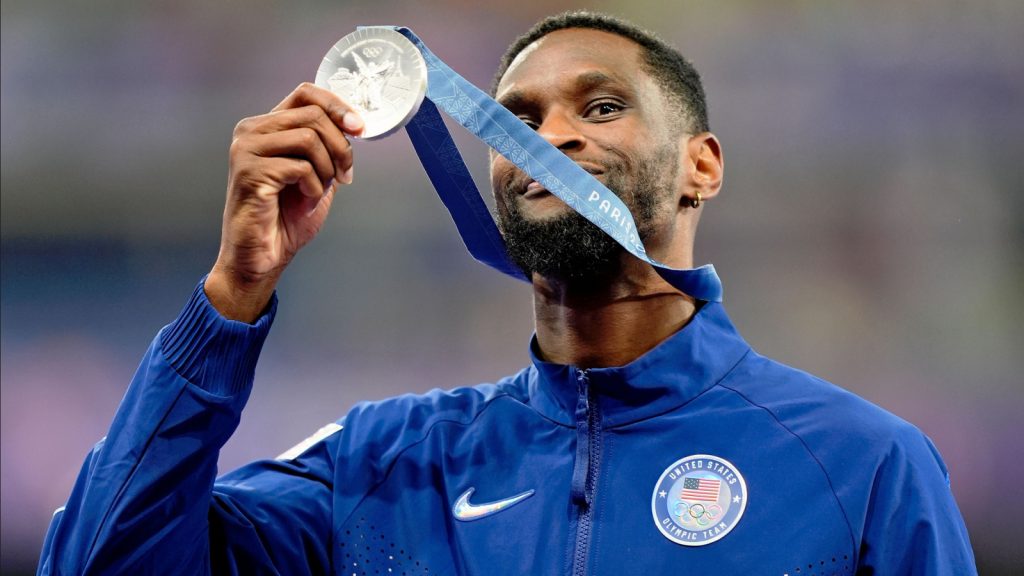Team USA high jumper Shelby McEwen stood by his decision to take part in a jump-off instead of simply accepting a shared gold medal during Saturday’s high jump final.
McEwen and New Zealand’s Hamish Kerr both cleared the 2.36 meter jumps but were unable to complete a 2.38 meter jump during the regulation period. At that point, McEwen and Kerr had two options: they could agree to share the gold medal or they could go to a jump-off to try to settle the competition. In 2021 at the Tokyo Olympics, Qatar’s Mutaz Essa Barshim and Italy’s Gianmarco Tamberi found themselves in the same situation and chose to share honors.
Kerr was adamant that he wanted to keep jumping, and McEwen was not about to fight him on it, though he admitted he was feeling very fatigued by that point.
“He said it first, and I agreed to it,” McEwen said, via Adam Kilgore of the Washington Post. “At some point, I kind of got fatigued. I maybe would have shared it with him, for sure. But I agreed to it, and it was all good.”
For his part, Kerr said his decision came out of wanting to add to high-jump lore, which meant not simply repeating the same ending as the previous Olympics had produced.
“For me, I would have been so proud to come in second in jumpoff — probably prouder than sharing a gold medal knowing that had already happened. That was the big thing for me: Trying to add to that history in a different way,” Kerr said.
Ultimately, the two missed 11 straight jumps — even with the bar being lowered — before Kerr cleared a 2.34 meter jump to win gold. McEwen had to settle for silver, but said he did not regret his decision at all.
The shared gold medal in the previous Olympics made for a memorable sight, but it is understandable why these two preferred to push forward. They are competing at the highest level, after all, and unquestionably wanted to settle this.

